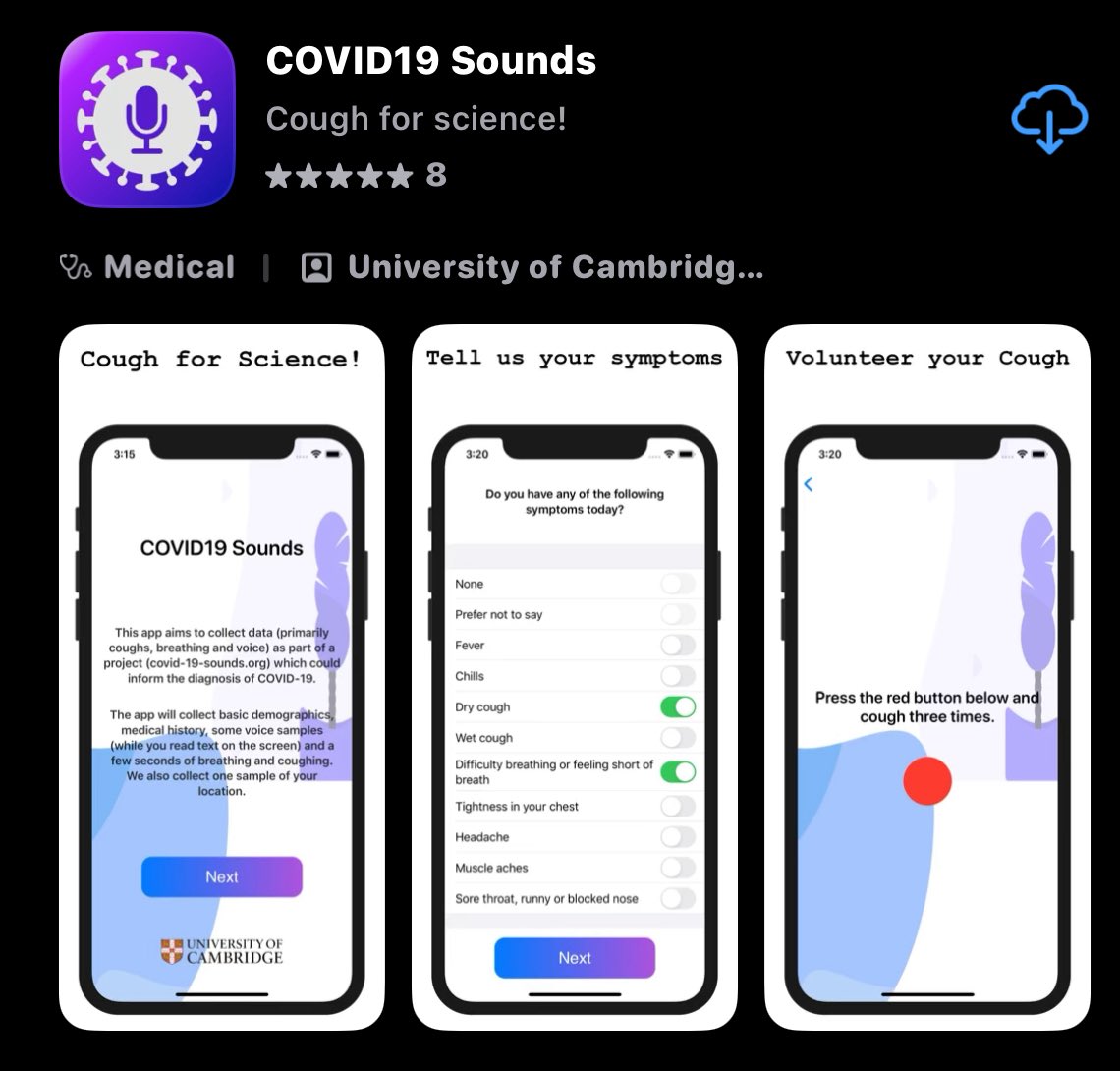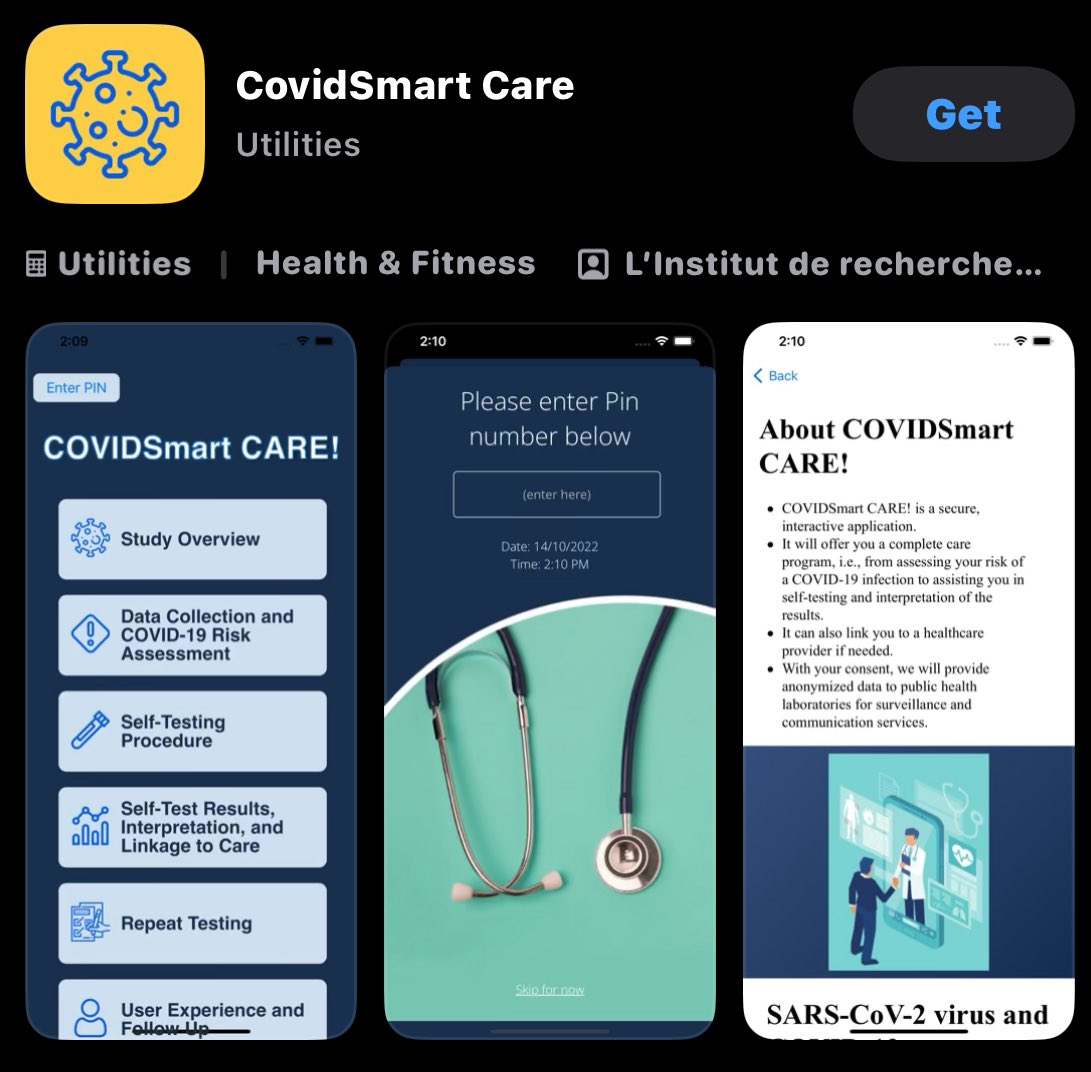In a layman’s terms:
A Simplified Explanation of Fibrin's Role in COVID-19
The Problem:
* COVID-19 can cause blood clots and brain issues.
* These problems can continue even after the infection is gone.
* Scientists don't fully understand how these clots form or what they do to the body.
The Discovery:
* Scientists found that a protein called fibrin plays a big role in these problems.
* Fibrin helps form blood clots.
* In COVID-19, fibrin can bind to the virus and cause more inflammation.
How Fibrin Works:
* Clot Formation: Fibrin helps create blood clots, which can be harmful if they form in the wrong places.
* Inflammation: Fibrin can also trigger inflammation, which can damage tissues.
* Brain Problems: Fibrin can lead to problems in the brain, including inflammation and damage to brain cells.
Potential Solution:
* The scientists found that a special antibody might be able to stop fibrin from causing these problems.
* This antibody could be a possible treatment for COVID-19, especially for people with severe symptoms or long-lasting effects.
In Conclusion:
This research shows that fibrin is a key player in the problems caused by COVID-19. Understanding fibrin's role could lead to new treatments for this disease.
A Simplified Explanation of Fibrin's Role in COVID-19
The Problem:
* COVID-19 can cause blood clots and brain issues.
* These problems can continue even after the infection is gone.
* Scientists don't fully understand how these clots form or what they do to the body.
The Discovery:
* Scientists found that a protein called fibrin plays a big role in these problems.
* Fibrin helps form blood clots.
* In COVID-19, fibrin can bind to the virus and cause more inflammation.
How Fibrin Works:
* Clot Formation: Fibrin helps create blood clots, which can be harmful if they form in the wrong places.
* Inflammation: Fibrin can also trigger inflammation, which can damage tissues.
* Brain Problems: Fibrin can lead to problems in the brain, including inflammation and damage to brain cells.
Potential Solution:
* The scientists found that a special antibody might be able to stop fibrin from causing these problems.
* This antibody could be a possible treatment for COVID-19, especially for people with severe symptoms or long-lasting effects.
In Conclusion:
This research shows that fibrin is a key player in the problems caused by COVID-19. Understanding fibrin's role could lead to new treatments for this disease.
• • •
Missing some Tweet in this thread? You can try to
force a refresh







